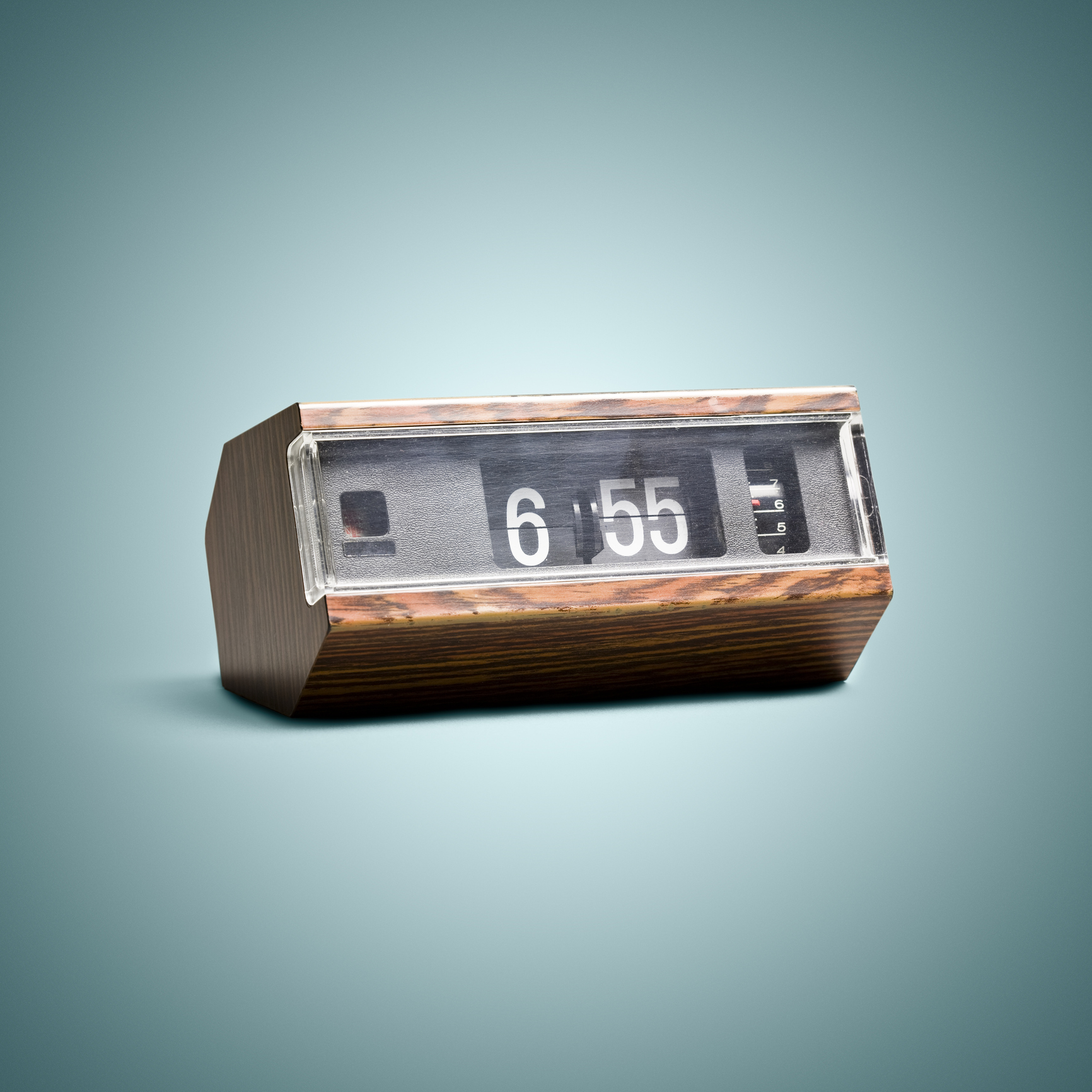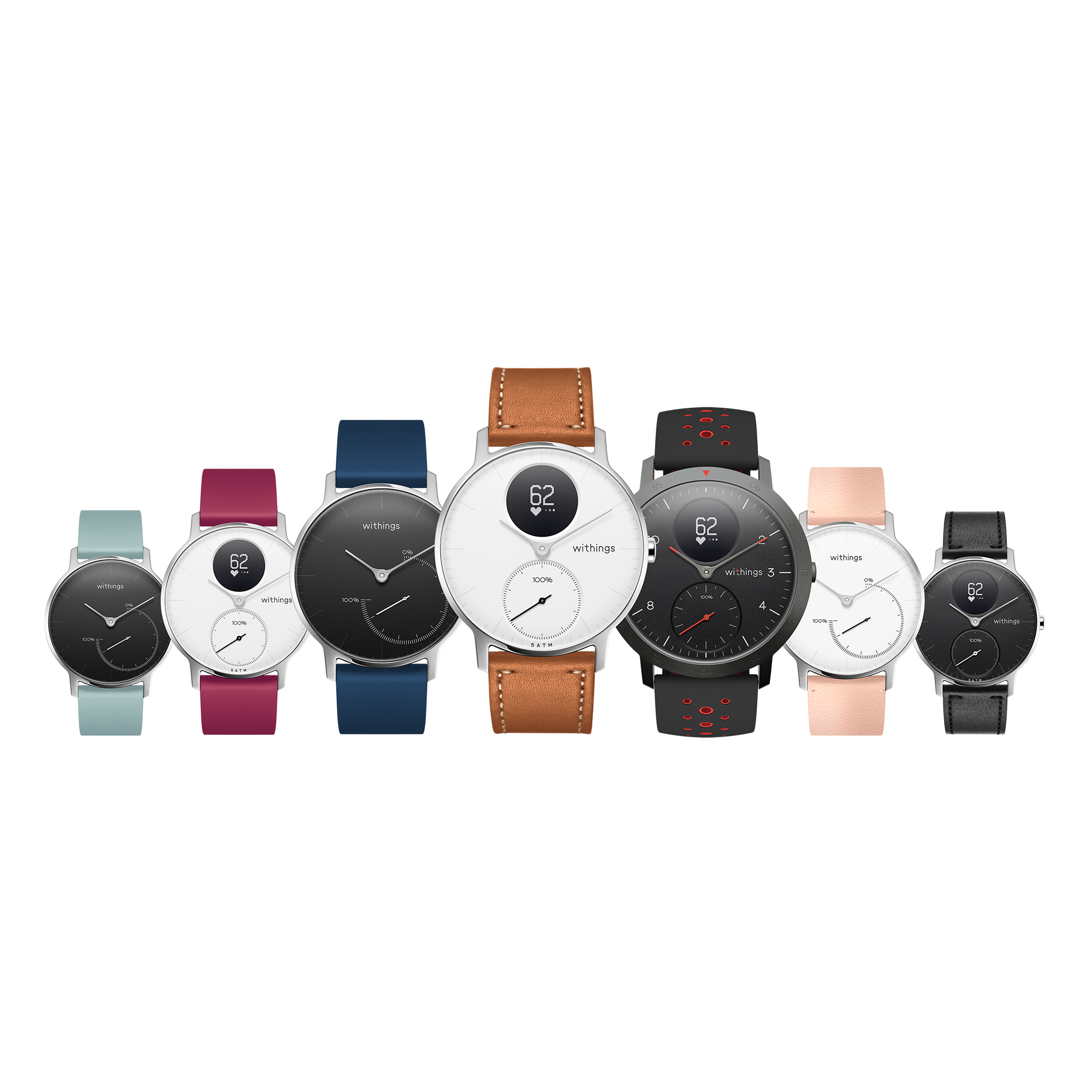
Our ancestors didn’t need an alarm clock to wake up, so perhaps we’d be better off going back to the old ways. What is the health impact of being woken up by a digital alarm clock, and is there evidence to suggest that natural light alarm clocks are any better?
Beep… beep… BEEP! It’s a strange and weirdly under-discussed fact that huge swaths of humans wake up the same way—to the sound of a piercing alarm clock. But waking up hasn’t always been like this, and perhaps for a very good reason. Could being woken up by an alarm clock have a negative effect on your health, or it is simply a minor inconvenience? And in any case, are there any potential alternatives that could make the start of your day a little less jolting, such as sunrise alarm clocks? Read on to find out more.
A brief history of alarm clocks
Although the concept of alarm clocks was first referenced in 725 A.D. by Yi Xing—a Buddhist monk—the very first adjustable alarm clock was patented in 1847 by Antoine Redier, a horologist from France. Allowing people to set a specific time to wake up, the devices proliferated throughout the 19th century. However, it was not until the 1870s, and the imposition of the 12-hour working day, that alarm clocks became truly popular. “In an expanding urban and industrial world, people were obligated to know the time and to be on time,” says Martin H. Levinson, PhD. In this sense, the development of the alarm clock is indelibly linked to the history of capitalism. But what is the impact of alarm clocks on our health?
What are the effects of alarm clocks on your health?
We all know about the inconvenience of being jolted from our sleep by the ear-splitting noise coming from our alarm clocks—although these days, it’s more likely to be from our smartphones. And sure, that’s not a particularly nice way to start your day. It’s loud and disconcerting, not to mention the fact that it’s liable to cause everyone else within earshot to wake up as well. But all things being equal (i.e., if you’re actually getting enough sleep), is it harmful to our bodies?
Well, some studies have suggested that it might be. Research from Japan’s National Institute of Industrial Health found that people who are forcefully woken up by a sudden, loud noise had a higher blood pressure and heart rate than those who were allowed to wake up naturally. When you hear the shrill buzz of your alarm clock, your body’s fight-or-flight mechanism is being engaged, and your blood pressure naturally starts to increase. Do that day after day, month after month, year after year, and there’s bound to be an effect.
But that’s not the only problem. There’s also an issue with so-called sleep inertia, which refers to that groggy feeling you sometimes get when you wake up in the morning. It usually only lasts for around 15–30 minutes or so, but research from the Journal of Sleep Research has indicated that if you wake up during deep sleep or in the early sleep cycle, sleep inertia can last from 2-4 hours. Now, this becomes a problem if you’re the sort of person who sets numerous alarms—07:30, 07:35, and so on—rather than just one. Why? Because after you hit the snooze button and go back to sleep, you’re preparing your bodies for a whole new sleep cycle, which is a 90-minute process. When that’s interrupted, it can make us feel fatigued for the better part of the day.
So, here’s the bottom line: there’s not an enormous amount of research around the topic, but certain studies do indicate that there’s reason to be concerned. After all, an alarm clock is basically pitting your body against its own circadian rhythm, which isn’t likely to lead to a positive outcome. One thing is inarguable—waking up via a digital alarm clock isn’t the ideal way to start the day.
What are the alternatives?
Glad you asked! For a more comprehensive guide to the different ways in which humans have woken up over the course of history, check out our post on the history of waking up. But for now, we’re going to focus on natural light alarm clocks, also known as sunrise alarm clocks. The idea behind natural light alarm clocks is simple. Through the integration of a lightbulb, they are intended to simulate the light of the rising sun. As the amount of light in your room increases, there’s a reduced chance that your body’s natural circadian rhythms are going to be negatively affected. Although sunrise alarm clocks work best without noise, you can program them with back-up beepers and gentler sounds, just so you’re covered!
If that sounds like a bright idea, you might be interested in any of our activity and sleep tracking watches, which come with a feature called Smart Wake-Up™. Rather than setting a specific point to wake up, Smart Wake-Up™ allows you to set a window of time to wake up. When you’re at the lightest stage of sleep, Steel HR will wake you up (with a vibration!). For more in-depth coverage, check out our post on the 4 stages of sleep.
Ultimately, the best course of action is to get enough sleep in the first place. According to the Sleep Foundation, we’re supposed to get around 7–9 hours. So perhaps instead of thinking about the trauma of waking up, maybe start with crafting your ideal sleep sanctuary.



